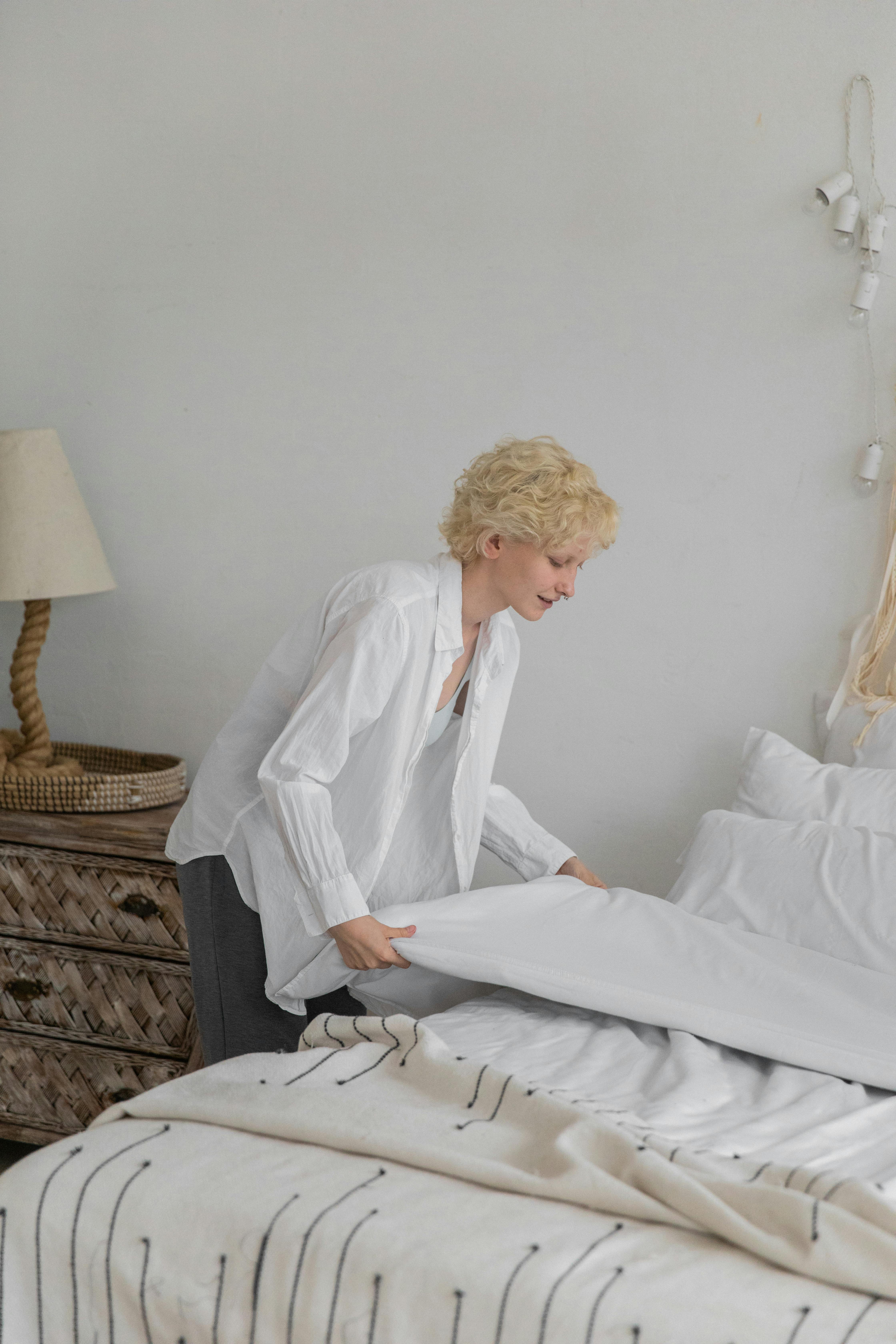Apply Now
Smart Ways to Determine Your Cat's Pregnancy Progress in 2025
Understanding Cat Pregnancy Phases
Pregnancy in cats is both a fascinating and complex process. The feline gestation period generally lasts around 63 to 65 days, but this can vary slightly depending on various factors including breed and health. Understanding how to tell how far along your cat is can greatly benefit your preparations for her and her upcoming kittens.
During the different stages of cat pregnancy, several notable changes occur. Early in the pregnancy, you might notice behavioral changes in your cat, such as increased affection or withdrawal. These behavioral shifts are linked to the hormonal changes in pregnant cats that prepare them for motherhood. Familiarizing yourself with cat pregnancy signs, such as changes in appetite or physical appearance, will help you monitor her progress.
As the weeks advance, you can look out for visual signs of cat pregnancy like weight gain in pregnant cats and increased belly size. It's crucial to observe these signs closely, as they signify not only the health of the cat but also the developing kittens. Regular veterinary care for pregnant cats ensures that both the mother and her kittens remain healthy throughout the gestation period.
Overall, being proactive in monitoring cat pregnancy can significantly improve the welfare of both the mother and the future kittens. As you delve deeper into this topic, you will find resources handy for understanding the stages of cat pregnancy, from conception to delivery.
Monitoring Cat Pregnancy Progress
To effectively monitor your cat’s pregnancy, it’s essential to establish a weekly routine that examines her health and behavior. Many cat owners wonder about common tools that can assist in this process. Feline pregnancy tests, for example, can be a useful measure, especially in the early stages. These tests can determine if your cat is pregnant and help you establish a timeline for her pregnancy duration.
Alongside testing, offering dietary needs for pregnant cats should be a priority. Ensure you provide the best nutrition with appropriate supplements to help her maintain a healthy weight gain during her pregnancy. Prenatal vitamins for cats are recommended to fill any gaps in her diet. Good nutrition is a significant aspect of her prenatal care.
As the pregnancy progresses, behavioral cues of pregnant cats will become more noticeable. You may find her becoming increasingly restless or seeking secluded areas, indicating nesting behavior in cats. Observing this behavior is key to understanding when she might be ready to give birth.
Monitoring cat pregnancy using ultrasound for cats can be an insightful way to visualize the development of the kittens. Regular vet consultations during pregnancy are crucial, not only to track the health of the mother but also to monitor kitten development timelines. Even routine vaccinations are vital to prevent health issues in pregnancy.
Pregnant Cat Care Tips
Caring for Your Expecting Feline
Caring for a pregnant cat goes beyond feeding and monitoring her weight. It involves creating a safe environment for pregnant cats that caters to her needs and comforts. Establishing a birthing box equipped with soft bedding is vital, as this can be where she will give birth.
Home care for pregnant cats should also include stress management. Observing your cat's pregnancy behavior, such as increased hiding or seeking social interaction, will provide insights into her emotional state. Encourage relaxation by minimizing loud noises or disturbances in your home.
In addition to providing toys for pregnant cats to keep her entertained and stimulated, regular wellness checks are crucial. Knowing how to handle pregnant cats can ease their anxiety, providing a sense of security.
It's also essential to socialize pregnant cats properly. If there are other pets in the house, prepare them to coexist peacefully with the expecting mother. Effective integration of new cats into households can reduce the overall stress and help create a nurturing atmosphere.
Regular vet checks for prenatal care will allow for the monitoring of any potential complications, such as pregnancy-related health issues. Significantly, cat health issues during pregnancy should never be overlooked; ensuring that any signs of distress, such as excessive vomiting or lethargy, receive professional attention can avert critical problems.
Preparing for Kitten Arrival
Understanding when to expect kittens can be thrilling yet daunting. As you count down the weeks, you will find yourself preparing more rigorously for the imminent arrival. One important step is to refine your knowledge of the signs of imminent labor in cats.
As your cat approaches her due date, there will be physical and behavioral indicators signaling that she is getting prepared for labor. Observable signs, such as nesting behavior, restlessness, and declining appetite, will help you gauge the timing more accurately.
The nurturing process includes preparing your home for kittens, which means ensuring a clean and quiet area that is free from dangers. You can make a cozy nesting space within the birthing box you established earlier. Furthermore, learning how to assist during cat delivery can be a great asset. Knowing how to evaluate kitten health soon after delivery can help you identify any complications.
After the kittens arrive, monitoring the mother for post-delivery checks is vital. Nursing kittens require constant care, and observing momma cat post-pregnancy will reveal how well she copes with new motherhood. Understanding neonatal care is essential for ensuring both the mother and her kittens are thriving.
Emotional Aspects and Health Protocols
Recognizing Behavioral Changes
With pregnancy in cats, the emotional aspects should not be ignored. Recognizing hormonal shifts in pregnant cats often reflects in their behavior; they might become either overly clingy or more distant than usual. Such changes are crucial for cat owners to be aware of.
The psychological implications of pregnant cats can affect their needs for comfort and reassurance. Providing a nurturing atmosphere will help her adjust during this transformative phase. Components to consider include maintaining a consistent routine and providing more interactive playtime.
Veterinary insights on feline pregnancy stress the importance of emotional health during this period. Cat maternal instincts assessment can ensure you cater to both the physical and mental health of your pet. Offering a stimulating environment can challenge their intellectual needs while also easing any anxiety.
For cat owners managing multiple cats during pregnancy, it’s essential to monitor interactions and ensure each cat feels secure and comfortable. A safe social structure within your home will prevent feelings of jealousy or aggression, offering all cats a sense of belonging.
As your cat's pregnancy continues, you will notice more development in her nurturing behavior, indicating readiness for kitten social structure. All these elements collectively shape the experience of a mother cat during this beautiful yet demanding time.
Postnatal Care and Transition
Once the kittens are born, the focus shifts to postnatal care for the mother cat. Caring for newborn kittens requires a whole new set of responsibilities. You must ensure the baby cats are nursing appropriately and gaining weight — indicators of their overall health.
Nutrition plays a crucial role when it comes to nursing; adhere to feeding guidelines for a nursing cat to support her recovery and milk production. What to expect in cat labor can also aid in understanding milestones such as when kittens begin to open their eyes and start socializing.
As your kittens grow, observing kitten behavior during their first few weeks will be important to assess their development. Early signs of kitten readiness to interact with their surroundings will guide you on their progress and proper socialization techniques.
In addition to fostering techniques for kittens, transitioning them into a household requires strategic planning to minimize their biggest risks. Observing momma cat's behavior post-pregnancy plays a significant role in her ability to bond and care for her kittens.
Conclusion
In conclusion, understanding and monitoring your cat's pregnancy is a multifaceted responsibility. By being informed of feline pregnancy symptoms, knowing when to expect kittens, and preparing your home for the addition of new family members, you can ensure a safe and nurturing environment. Emphasize regular veterinarian consultations during pregnancy to track health and manage any complications.
By fostering an observant and caring approach towards pregnant cat behavior and postpartum care, ideally, both mother and kittens will thrive. Preparing for kitten arrival is a labor of love, one that ultimately culminates in the joy of welcoming new life into your home.




